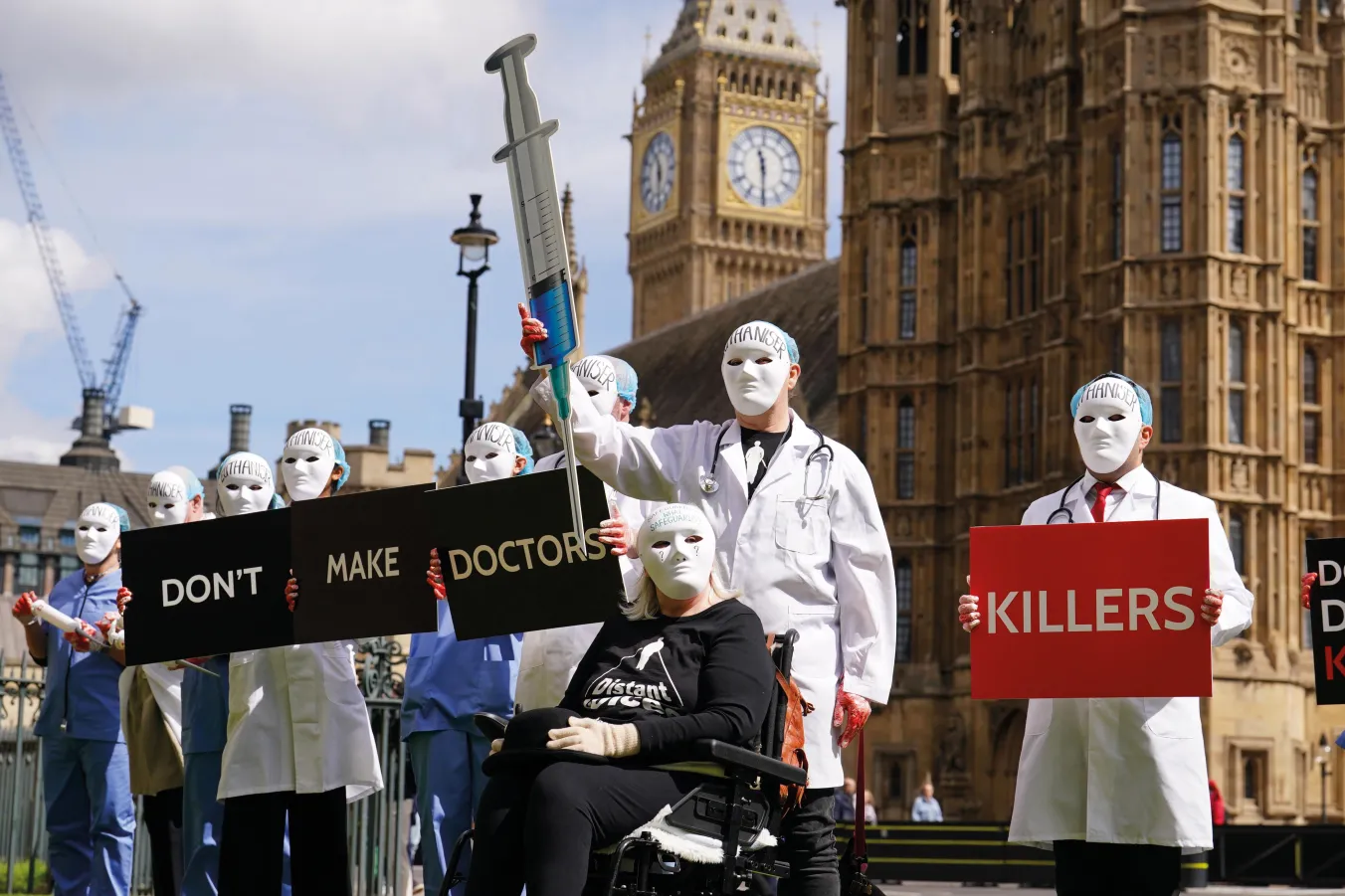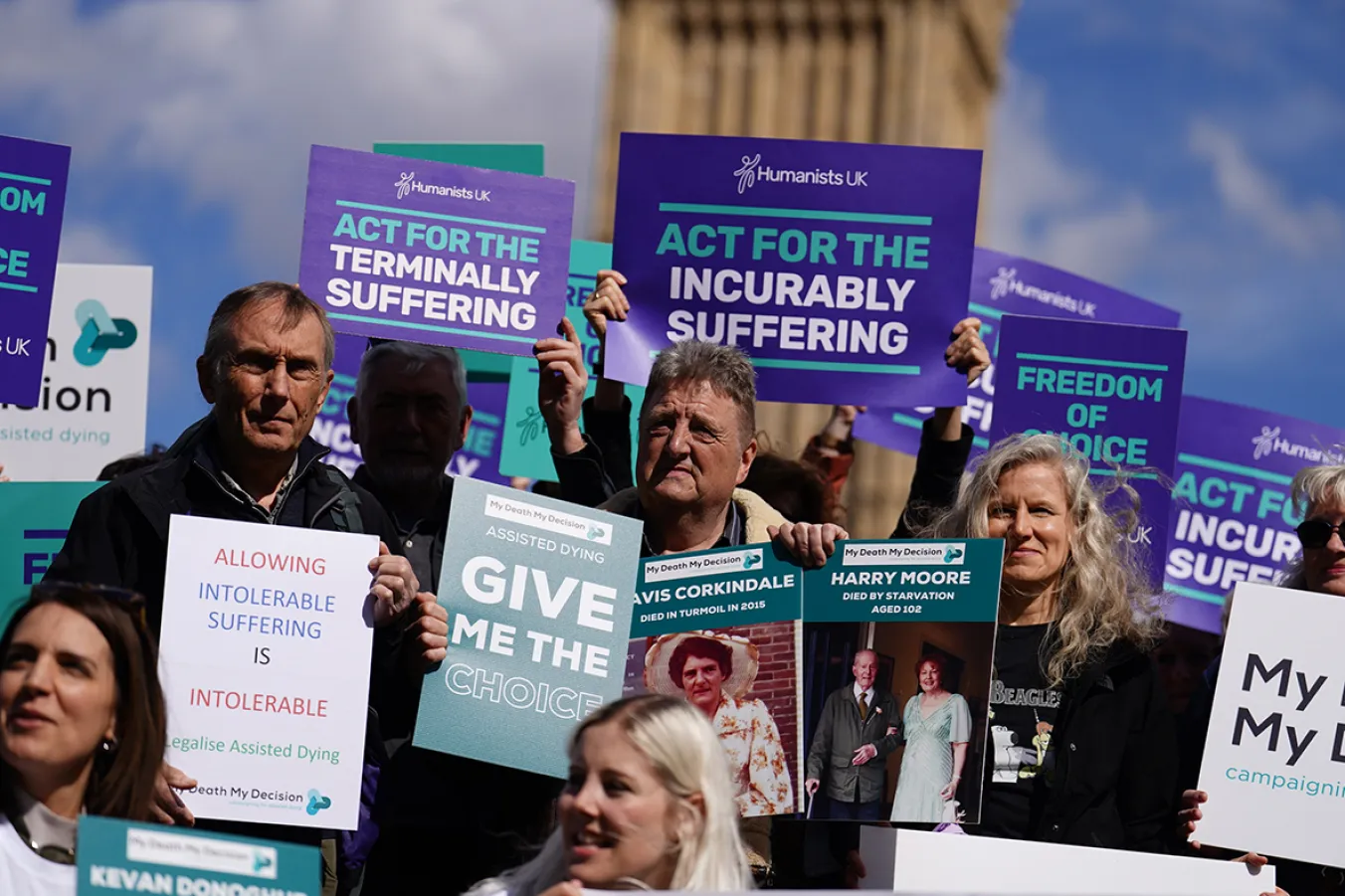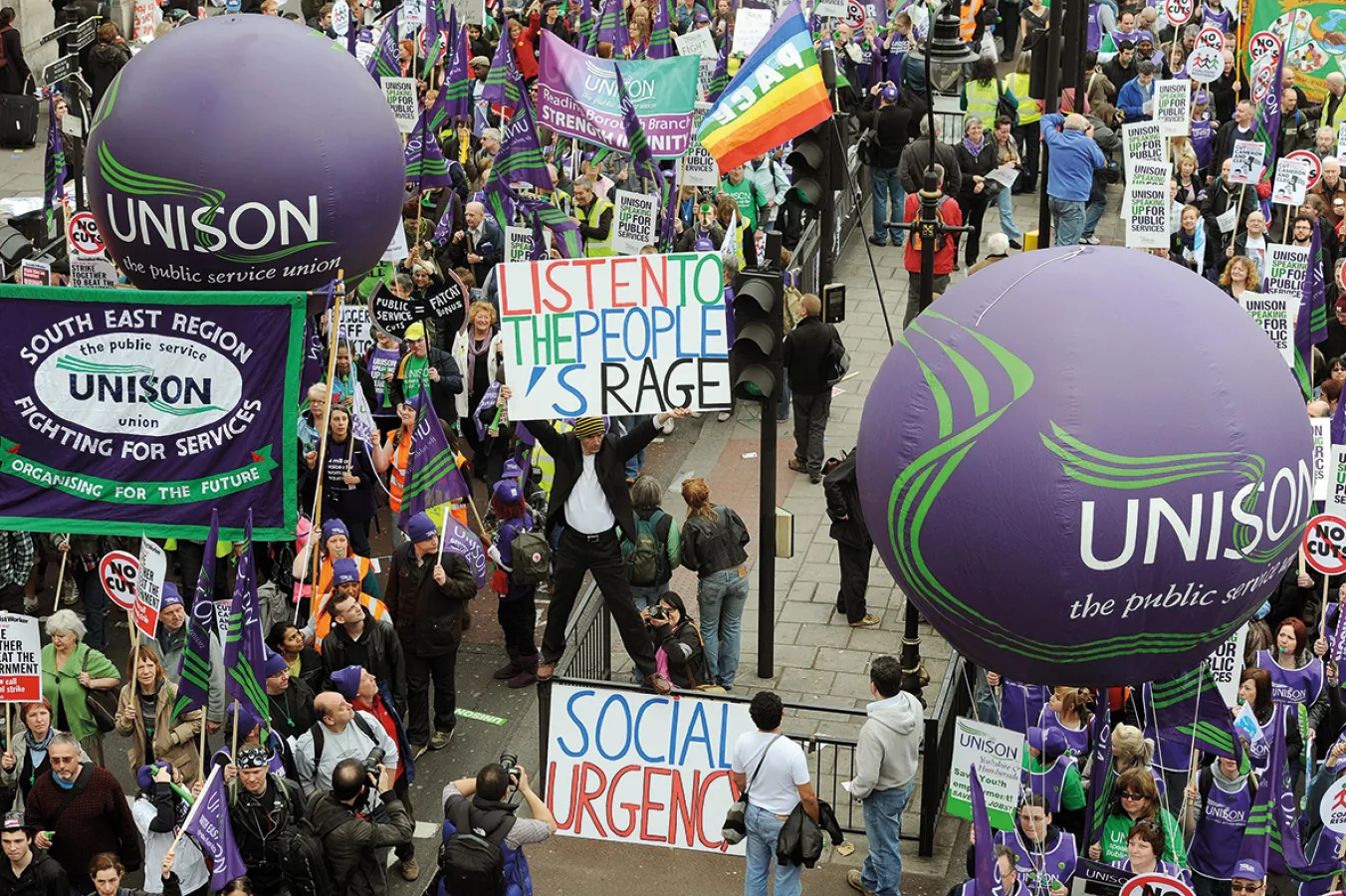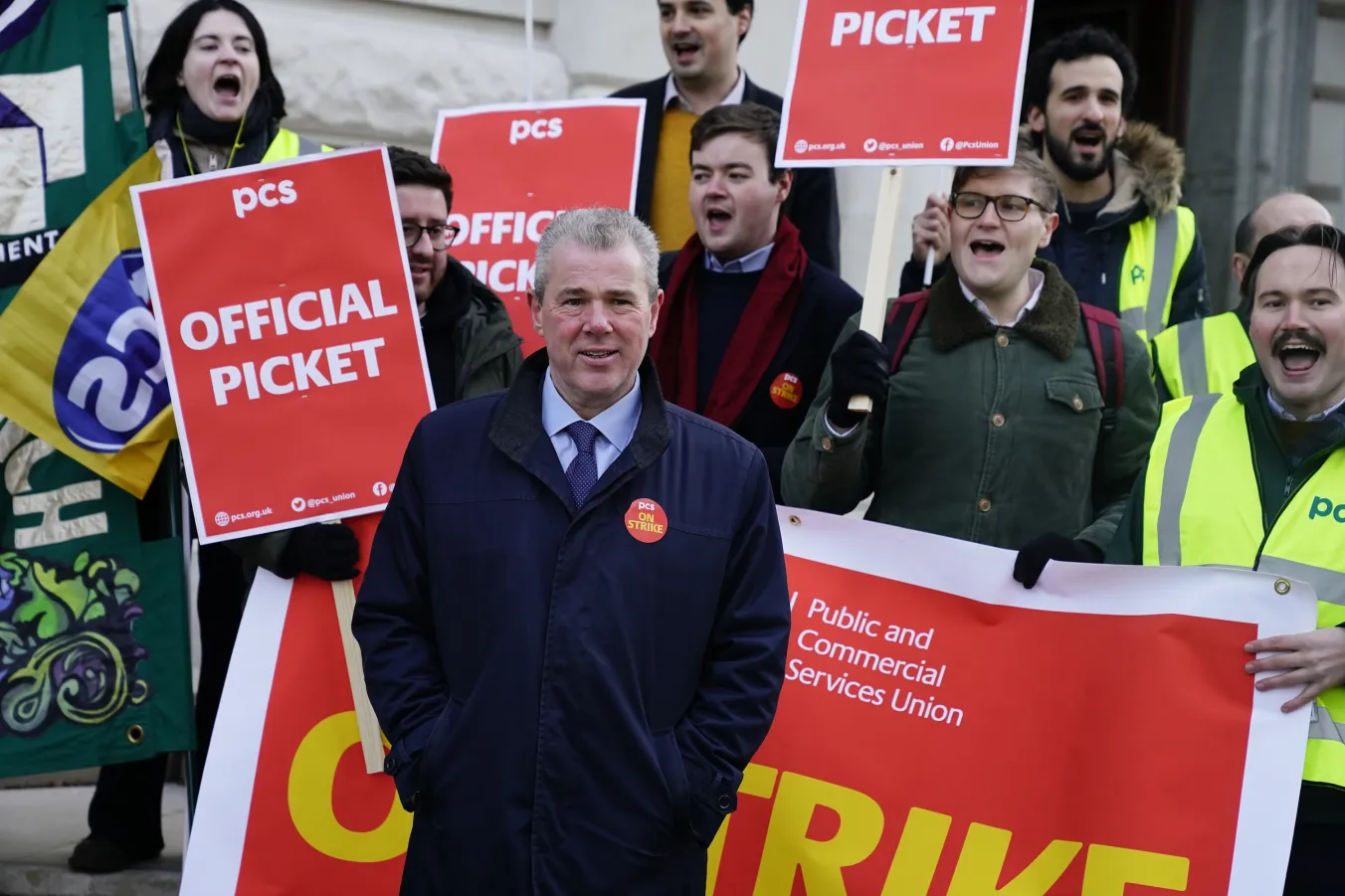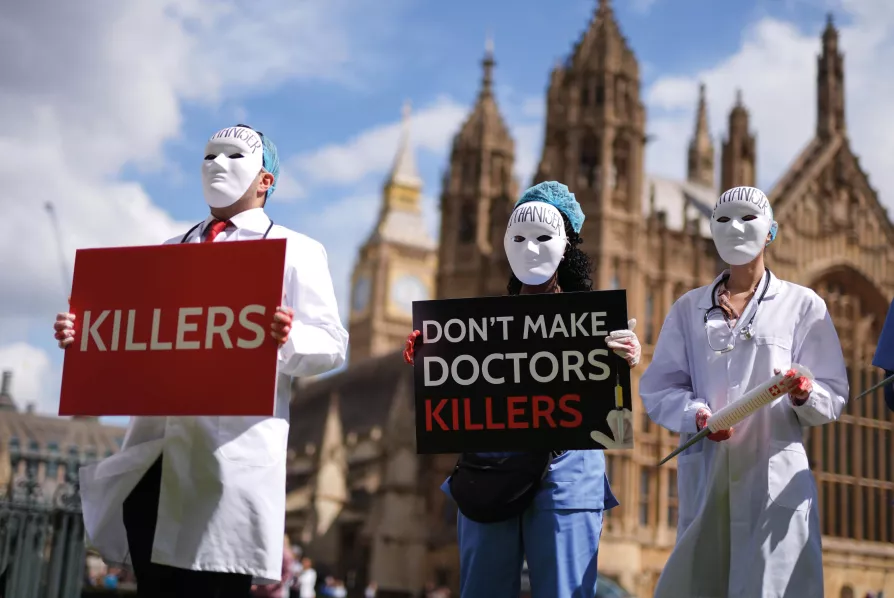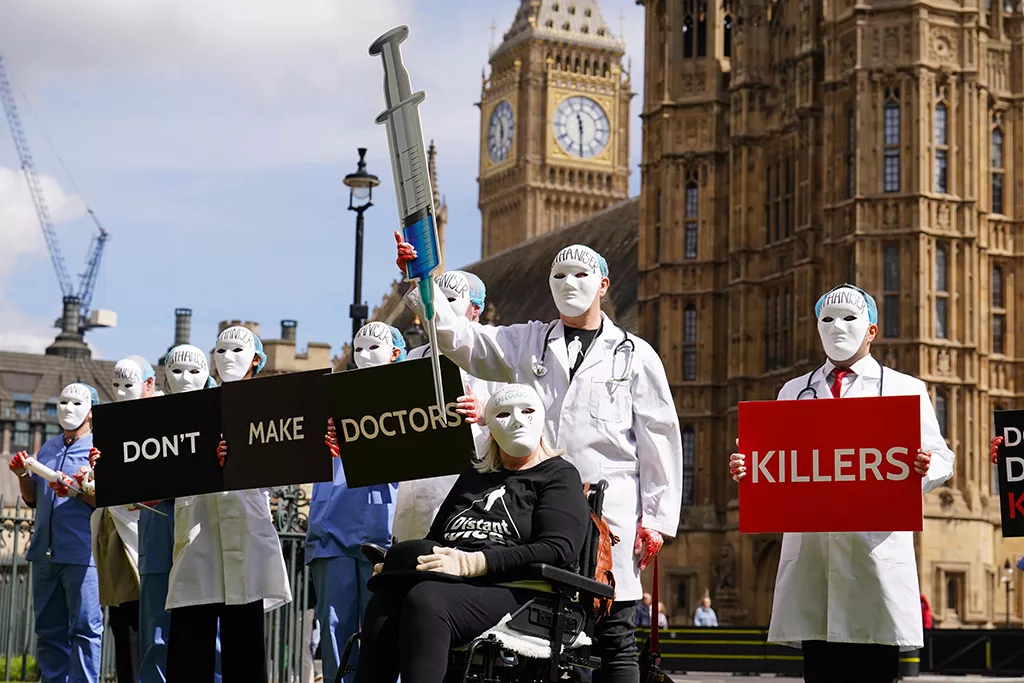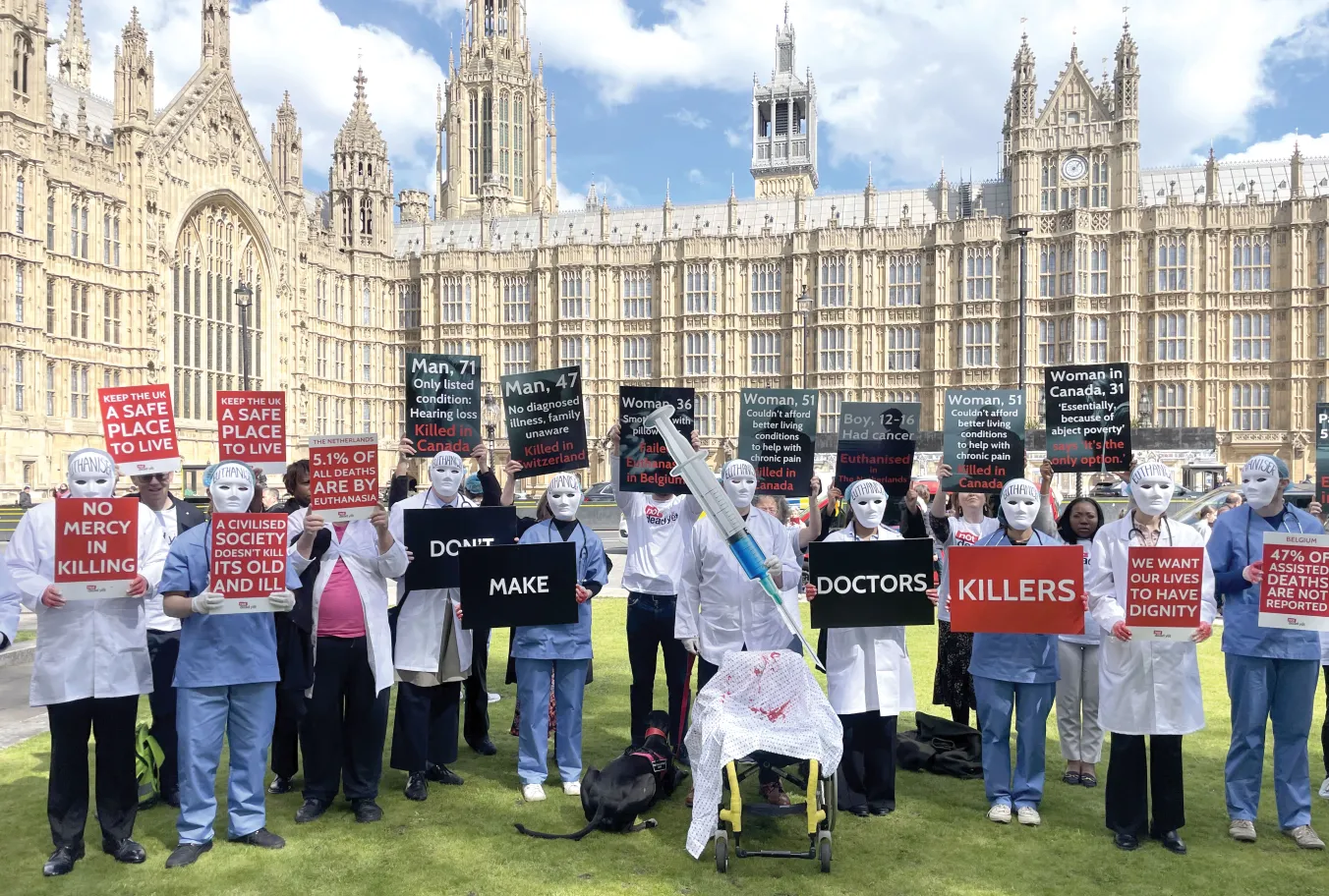
AS THE government considers the issue of assisted dying with a view to legislation, the question of who frames the debate, and how, should be of real concern for working-class people and the labour and trade union movement, which cannot afford to be a bystander in the discussion.
The case for legalising assisted dying will be championed by the liberal political class and personalities as a “human right,” a matter of personal autonomy and “choice,” even a social justice issue and a progressive moral principle, elevated above and distinct from other factors, including class interest.
When liberals demand a “human right” it invariably means the moral right of the individual abstracted above that of the collective, with scant regard or consideration of the potential consequences for wider society, and certainly not of the working class.
